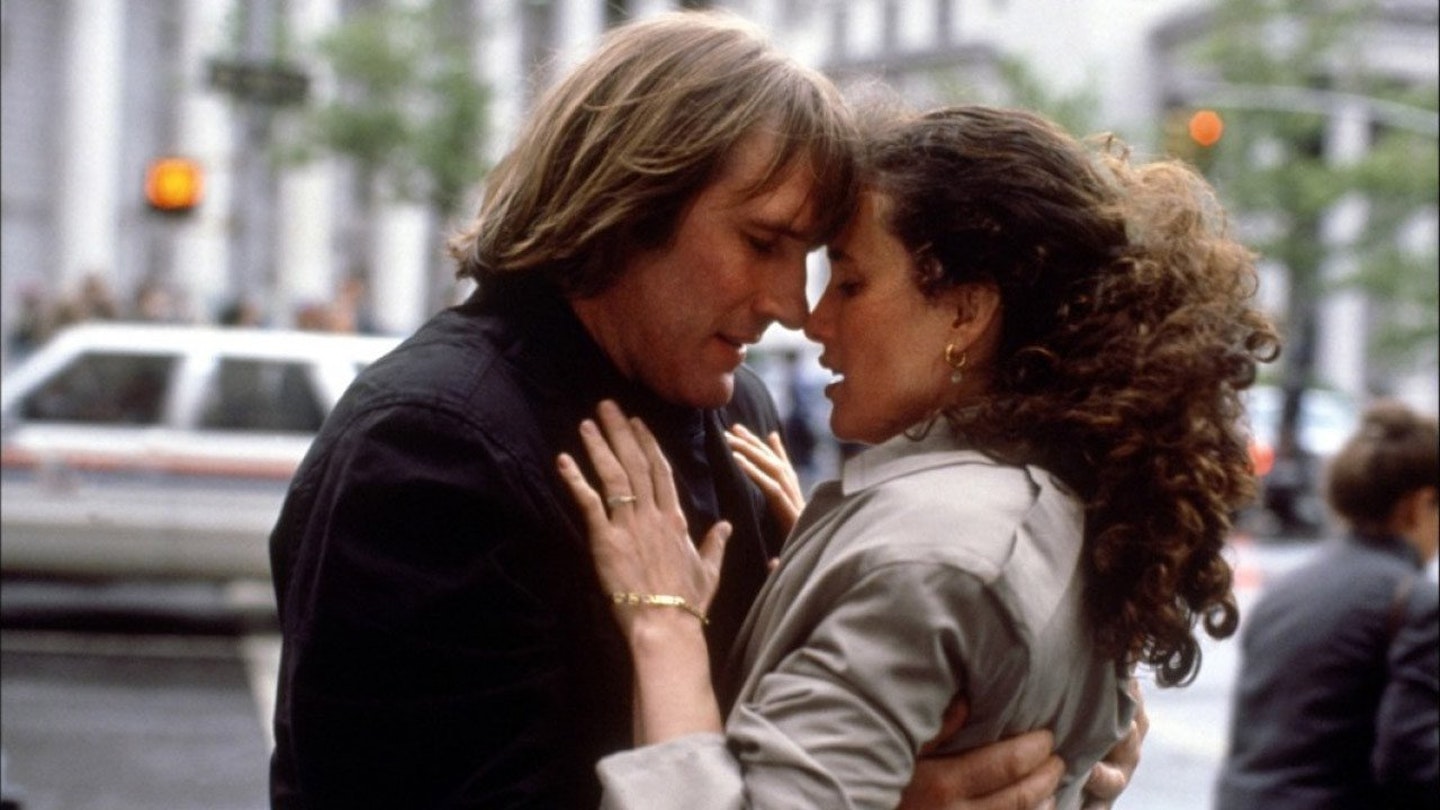Green Card is a romantic comedy in reverse: it starts with the wedding, proceeds to the ups and downs of a budding relationship, and concludes with the couple falling in love. It's funny, sweet - and utterly lop-sided. Tailor-made for Depardieu (and Depardieu only) by the excellent Australian writer/director Peter Weir, Green Card provides the perfect bridgehead for the Gallic grandee to make his mark in the English-speaking movie marketplace. But it is precisely the red-blooded panache (yet cow-eyed sensitivity) for which Depardieu is so rightly famed that throws into wan relief the character played by MacDowell (her first movie since sex lies and videotape).
This sort of movie depends on the flying of sparks - any Tracy/Hepburn classic demonstrates the alchemy in question - and sparks do not fly when a blacksmith's hammer finds itself striking against something with all the frictive properties of a halibut. On paper it works. A mutual friend makes the introduction twixt French immigrant and American gal in a bind, the knot is tied, and all would be well but for the sudden attentions of the immigration people cracking down hard on inauthentic conjugal relations. Thus George and Bronte must live together, the better to pass muster with the government.
Constant domestic spats and disagreements about everything must be overcome for love to bloom, but to the audience with one foot still grounded in reality it's abundantly clear that the ox-like free spirit that is George would be bored silly with the precious Bronte. In fact, he would be far more likely to go for the charms of her best friend, Lauren (Neuwirth, familiar from TV's Cheers), at whose mother's snobby dinner party quite the best scene in the movie erupts as Depardieu reveals a hitherto little-recognised if idiosycratic talent for music.
